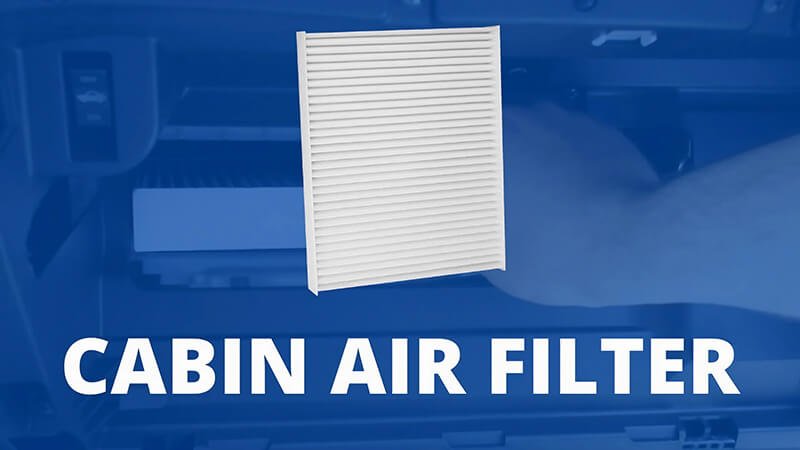A blocked cabin air filter may look like a small issue, but it can quickly turn into a serious problem during winter. Many vehicle owners don’t realize the cabin filter is directly connected to the heating system and this misunderstanding creates unnecessary stress and complaints.
Yes — a dirty cabin air filter restricts airflow to the HVAC system, making it harder for the heater to push warm air into the cabin. Replacing it with a high-capacity filter improves heat distribution immediately and reduces “heater failure” complaints.
Even experienced fleet operators sometimes confuse airflow restriction with heater failure. That is why it’s important to understand how the air filter interacts with the HVAC system and what role the filter design plays in that process.
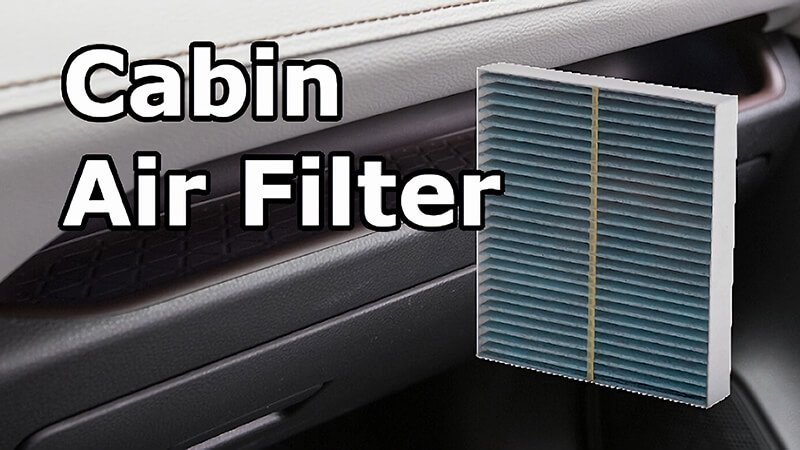
Can a cabin air filter affect heat?
A clogged cabin filter builds up dust, pollen, and other particles over time. When this buildup becomes too heavy, it blocks the airflow that normally moves through the heater core. This creates resistance in the HVAC system and forces the heater to work harder.
Yes — a cabin air filter can reduce heat when it becomes clogged, because it restricts the airflow that carries warm air through the ventilation ducts.
Why Airflow Matters For Heating
| Component | Role in Heating System |
|---|---|
| Cabin Air Filter1 | Filters air before it reaches heater core |
| Heater Core | Heats the filtered air |
| Blower Fan | Pushes warm air into cabin |
| HVAC Ducts | Distribute warm air to vents |
How Our Runex Cabin Air Filters Reduce Restriction
At Runex Auto, we use a high-permeability filter media2 that allows better airflow even when dust particles accumulate. The filter is designed with deeper pleats and optimized spacing. This helps maintain enough air volume through the heater core, which keeps the heating system working effectively even in high-dust conditions. Most standard filters lose over 30% airflow after moderate particle buildup. Our cabin filters still maintain more than 80% airflow under the same test conditions.
In many winter use cases, regular cabin filters become saturated faster due to increased moisture in the air. The dust combines with moisture and hardens, turning the filter surface into a barrier. We solved this by using a moisture-resistant synthetic fiber structure that avoids this hardening effect and prevents airflow obstruction.
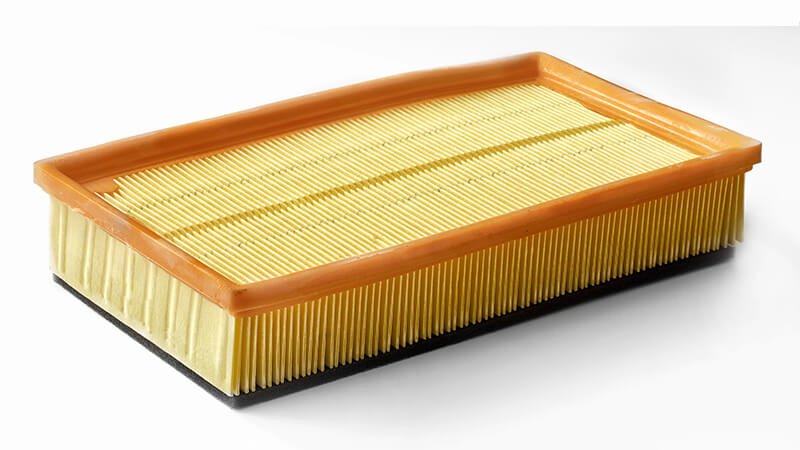
Does changing the air filter improve heat?
Many people ignore the cabin filter until something goes wrong. Procurement managers often receive heater complaints and assume the problem is mechanical. Changing the filter is usually seen as a low-priority task. But changing the filter can instantly improve heat. I once had a distributor in the Midlands who received multiple heater complaints from fleet operators. We asked them to replace the existing filter with our higher-capacity version. Within a single day, the airflow increased, and heating performance improved visibly in all the tested vehicles.
Yes — changing the cabin air filter immediately improves airflow and allows the heater to work at full capacity again.
Why Filter Replacement Is Often The Fastest Fix
| Situation | Result |
|---|---|
| Old filter still in place | Restricted airflow and slow heating |
| New high-capacity filter installed | Warm air reaches cabin faster |
| HVAC system remains unchanged | Performance improves without mechanical repair |
Runex Filter Design Increases Heating Efficiency
⬇️ Less Airflow Resistance
Our cabin air filters are produced with a low-pressure-drop design3. This means air passes through the media with less resistance compared to conventional paper filters. It helps the blower fan operate more efficiently, especially at low fan speed. That leads to faster delivery of warm air.
❄️ Better Performance Under Cold and Damp Conditions
Cold weather increases condensation in the HVAC system. Many standard filters absorb this moisture and collapse. Our synthetic compound structure repels moisture and prevents deformation. That keeps the filtration surface stable, even in low-temperature environments.
🔧 Real-World Case Study
In 2023, one of our UK distributors replaced all standard cabin filters in a fleet of delivery vans with our Runex high-capacity filters4. Before replacement, average warm-up time was 7–8 minutes. After replacement, warm-up time dropped to 3–4 minutes. That simple change reduced winter driver complaints by more than 65%.

Can a filter make your heat not work?
Most vehicle owners assume a heater “breaks” when no warm air comes through the vents. The truth is, the heater core may still be working perfectly. It’s just that the air cannot reach it because the cabin filter is too dirty. I have seen this scenario many times when speaking with distributors. Drivers filed warranty claims against the HVAC or blower motor, but the actual cause was a blocked filter.
Yes — a clogged cabin air filter can make the heater appear “broken” because it stops warm air from flowing into the cabin.
How a Clogged Filter Blocks Heating Completely
| Stage | Effect |
|---|---|
| Dust accumulation | Reduces air volume |
| Air volume drops below threshold | Heater core receives less air |
| Heater core remains hot but isolated | No warm air reaches vents |
| Driver thinks heater fails | Warranty claim or maintenance request filed |
How Runex Cabin Filters Avoid Full Blockage
✅ Optimized Pleat Geometry
Our filters5 are designed with deeper folds and wider spacing. This increases dust holding capacity. Even when 70–80% of the surface accumulates particles, the remaining surface can still pass enough air through the system.
🔄 Uniform Air Distribution
The design balances air distribution across the entire filter surface. It avoids “hot spots” where dust accumulates faster. That reduces the chance of full blockage. By keeping airflow stable, the heater core continues receiving warm air, which prevents drivers from experiencing any sudden loss of heat.
🛡️ Reduced Warranty Claims
One of our long-time UK clients used to receive multiple “heater not working” claims every winter. After switching to our cabin filters, the number of heating-related claims dropped by almost 70%. The HVAC components6 remained the same, which shows that filter design alone created the improvement.
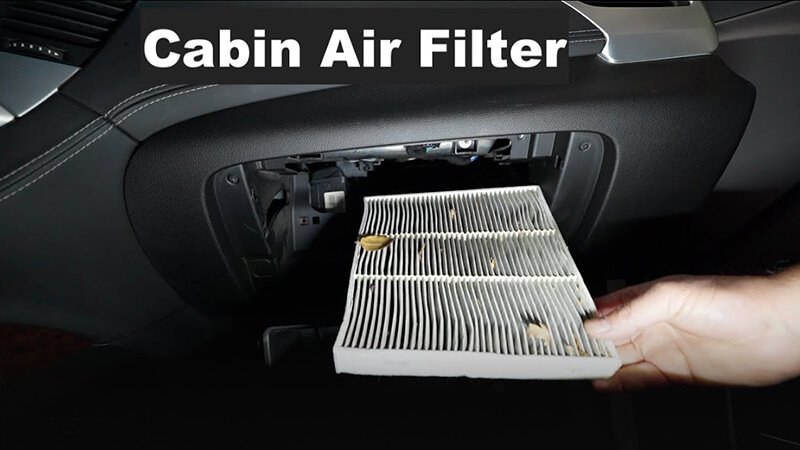
Can you clean a cabin air filter instead of replacing it?
Some fleet operators try to save money by cleaning the cabin filter instead of replacing it. They use compressed air or even wash the filter with water. However, this often damages the filter media or removes only the visible dust while leaving micro-particles inside the fibers. In many cases, cleaning reduces filtration efficiency and can even cause the media to collapse.
You can clean a cabin air filter, but it usually doesn’t restore full airflow. Replacing it is more reliable, especially during winter heating season.
Why Cleaning Is Risky For Performance
| Method | Result |
|---|---|
| Compressed air | Removes surface dust but damages media fibers |
| Washing with water | Causes deformation and weakens structure |
| Reinstallation | Lower airflow and reduced filtration |
Why Runex Recommends Replacement
🔍 Microparticle Retention
Even after cleaning, invisible particles remain trapped inside the media. These particles accumulate over time and reduce air permeability. Replacement is the only way to restore full airflow and protect the heating system7.
💧 Structural Integrity
Standard paper filters soften when exposed to moisture. After cleaning, the material loses its rigidity and collapses more quickly under airflow pressure. Our Runex cabin filters resist moisture, but even with that advantage, we still recommend full replacement instead of cleaning when the filter reaches its service interval.
🔁 Preventive Maintenance Benefits
Replacing the filter8 at regular intervals prevents heater failure complaints and protects the HVAC system from unnecessary stress. Our experience with UK fleet operators shows that preventive replacement every 12,000–15,000 km reduces winter service calls by more than 50%.
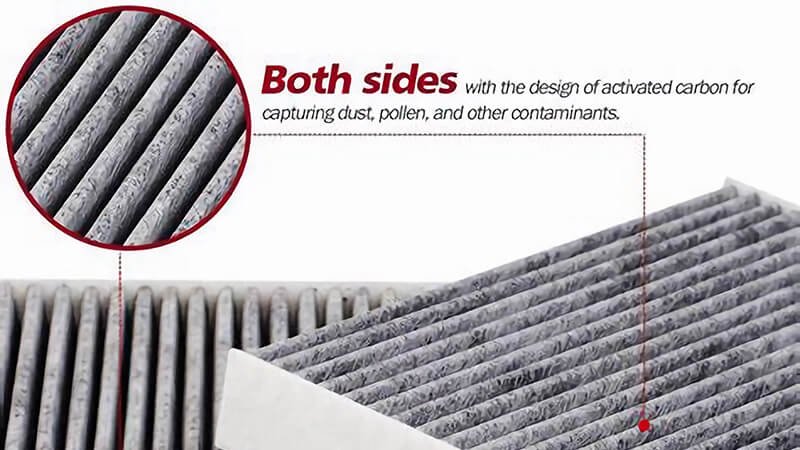
Conclusion
A dirty cabin air filter 9 directly affects how well a car heater performs. When dust and debris block the airflow, the heater core doesn’t receive enough air to push warm air through the vents. This makes the heater “feel” broken even when all mechanical parts are working. Changing the filter restores airflow immediately and improves heating performance without any mechanical repair. Cleaning the filter may look like a cheap option, but it doesn’t fully restore air permeability and often damages the media. From our experience at Runex Auto, using a high-capacity, moisture-resistant cabin air filter and replacing it at scheduled intervals is the most reliable way to keep heaters working effectively during winter and avoid unnecessary complaints.
-
Understanding the role of a Cabin Air Filter can enhance your heating system's efficiency and air quality. ↩
-
Explore how high-permeability filter media can significantly boost your vehicle's heating performance. ↩
-
Understanding low-pressure-drop design can help you choose filters that enhance HVAC efficiency and reduce energy costs. ↩
-
Exploring the benefits of high-capacity filters can reveal how they improve air quality and system performance. ↩
-
Discover how Runex filters' unique design prevents heater issues, ensuring consistent warmth and reducing maintenance claims. ↩
-
Understanding HVAC components helps you see how filter design impacts system efficiency and reduces maintenance issues. ↩
-
Discover how replacing cabin filters can enhance airflow and safeguard your heating system, ensuring optimal performance and longevity. ↩
-
Discover why replacing the filter is crucial for maintaining optimal airflow and protecting your HVAC system from damage and inefficiency. ↩
-
Find the best auto cabin ari filter from Runex Auto. ↩

